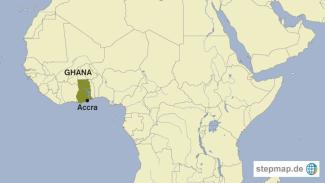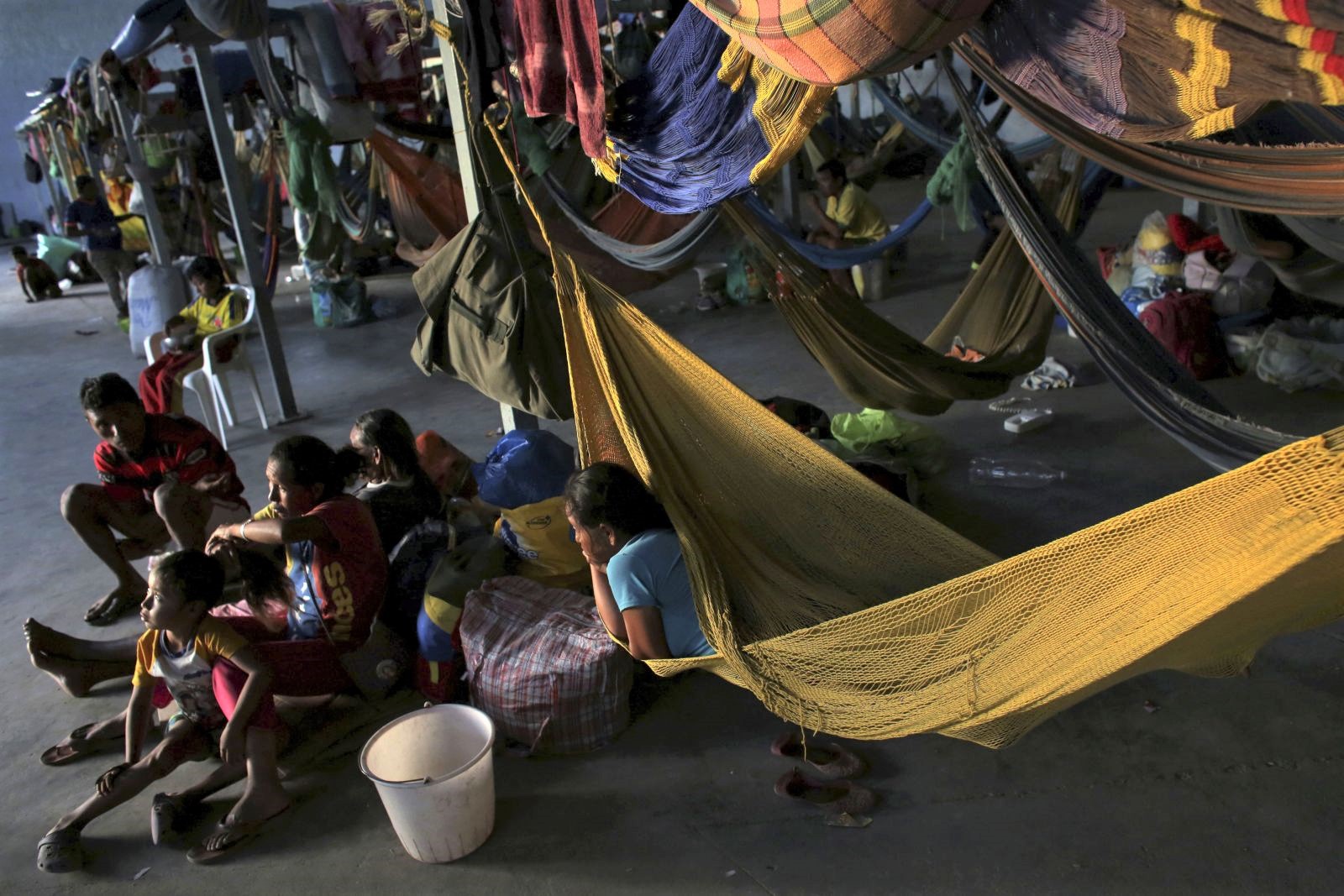Migration
Dangerous journeys

The main bus terminal in Sunyani, capital of the Brong Ahafo region in central Ghana, is noisy. Thomas Nketiah is mingling with the crowd selling assorted items including wrist-watches and spectacles. He is a returned migrant. “I went to Libya to work but because of the fighting I came back. And when I returned there was no work for me. Now I am hustling as a hawker.”
Going north from Ghana can be quite risky. Kennedy Amponsah is a returnee. He reports that, before leaving for Libya in 2015, he forced himself to do without water and food for extended periods so he would be trained to cope with hardships on the journey. “You can’t just get up and go if you don’t prepare yourself.”
According to the International Organization for Migration (IOM), Ghana ranks 11th among migrant sending countries. In 2017, some 5,600 Ghanaians arrived at Italian shores by boat alone. The country’s unemployment rate stands at about six percent. This has often been cited as the main reason why young people chose to migrate. Recently, the Ghanaian government announced that it will focus on providing skills for the youth in order to counter unemployment.
The Brong Ahafo region has the highest number of irregular migrants leaving Ghana. Virtually every household in this region has someone who has migrated.
The government has set up a migrant information centre in Sunyani. It is supposed to ensure that prospective migrants have adequate information. Gregory Esuem, one of the officers, says it has more than 10,000 visitors since it was started in 2016. “We teach them the right way of traveling,” Esuem explains. “That includes how to apply for a passport, how to apply for a visa; what are the things you need to look out for?”
The IOM too wants to reach out to Ghanaians with adequate information. Its campaign is called “Aware migrants”. Kojo Wilmot of the IOM says: “We try to get and publish the stories of those who migrated through irregular means and got stranded.” People must understand the dangers of irregular migration, he explains.
Maxwell Suuk is a journalist and lives in northern Ghana.
suuk.max@gmail.com
Link
Aware Migrants Campaign:
https://www.awaremigrants.org/












